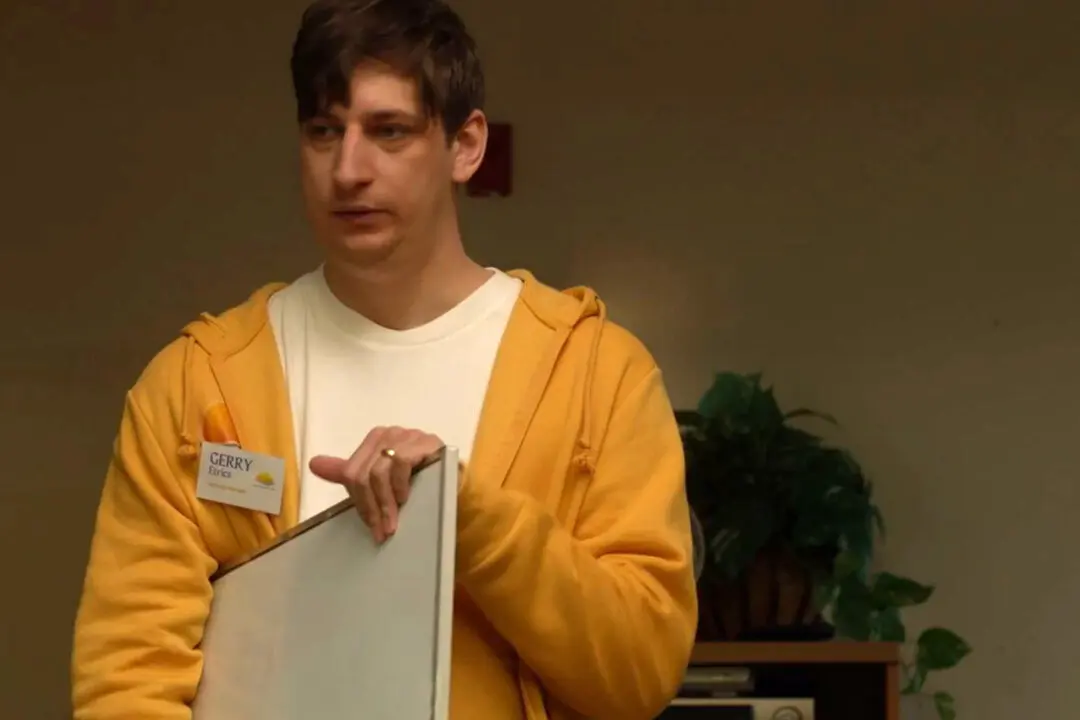NR | 1h 39m | Comedy, Romance | 1950
Television was the first audiovisual medium to revolutionize the way people experienced entertainment. It opened new frontiers in both recreation and mass communication, allowing families to witness live events from the comfort of their living rooms.






